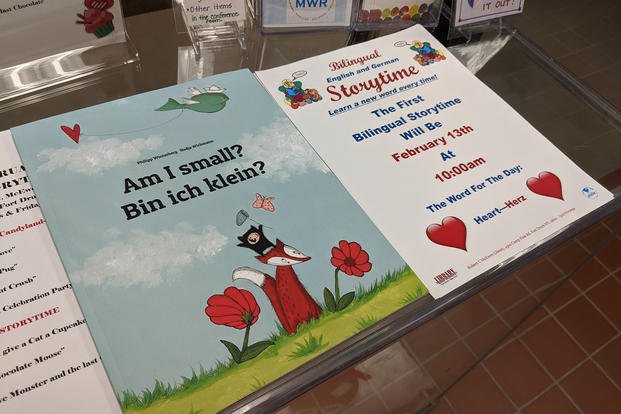Are you bilingual or multilingual? Whether English is your first or second language, your linguistic skills make you valuable in the workforce.
In fact, companies that recognize and reward such abilities with extra pay tend to have better retention and satisfaction rates among workers than companies that remain neutral.
If your employer falls into the latter group, don't be shy about demonstrating the benefits of your multicultural background. So what can bilingual or multilingual skills do for you and your employer?
Plenty.
This expertise can boost your profile as a team player.
"From time to time, you may be asked to facilitate communications with a customer due to your language skills," said Joyce Moy, a fluent Chinese speaker and director of the Center for Workforce Strategies in Long Island City, New York. "If someone asks me to translate something, I look at the request as a favor that isn't much different than if I were good in computers and someone asked me to fix a glitch, even if it were not part of my job."
How can you convince employers your language skills are an asset? First, you must convince yourself your skills are valuable. David Tulin of Philadelphia's Tulin DiversiTeam Associates suggests writing out the following statements:
- My accent will be seen as an additional competence that helps me communicate better with colleagues and customers from diverse backgrounds.
- My language skills will be used to resolve cultural or language conflicts, or problems between customers and colleagues.
- Being multicultural or multilingual demonstrates I can adjust my style to different people and situations.
- Being multicultural or multilingual indicates I have experienced looking at problems and opportunities from different perspectives.
- Being multicultural or multilingual indicates I think before I act.
- Being multicultural or multilingual means I know how it feels to be misunderstood, and I also know what it takes to reverse misunderstandings.
The next step is to take that list of statements and match them with positive experiences in your life in which your multilingual abilities or multicultural background helped you resolve a problem or communicate better with another person.
"It's similar to creating a life resume," Tulin said. Yet because so many of your life experiences become distant memories, you have to ponder the past, target such situations and write them down.
The final step is to take those pragmatic life experiences and find opportunities to remind or even inform employers or interviewers how your multicultural life experiences can be translated to help drive a company's business goals.
Let's say in an interview you're asked how you would deal with a problem situation with a colleague or customer. You could preface your answer with: "Partly because I know how it feels to have the shoe on the other foot ..." and then fill in the rest with a specific example of how your background helped you solve a similar problem.
Simply put, you provide the employer with an example of how you used your experience as a multilingual person to solve a past business problem or show how your skills helped you in your past job.
"Once you've convinced yourself how valuable your skills are, you will articulate them better and gain an employer's confidence," Tulin said.
Want to Know More About the Military?
Be sure to get the latest news about the U.S. military, as well as critical info about how to join and all the benefits of service. Subscribe to Military.com and receive customized updates delivered straight to your inbox.











